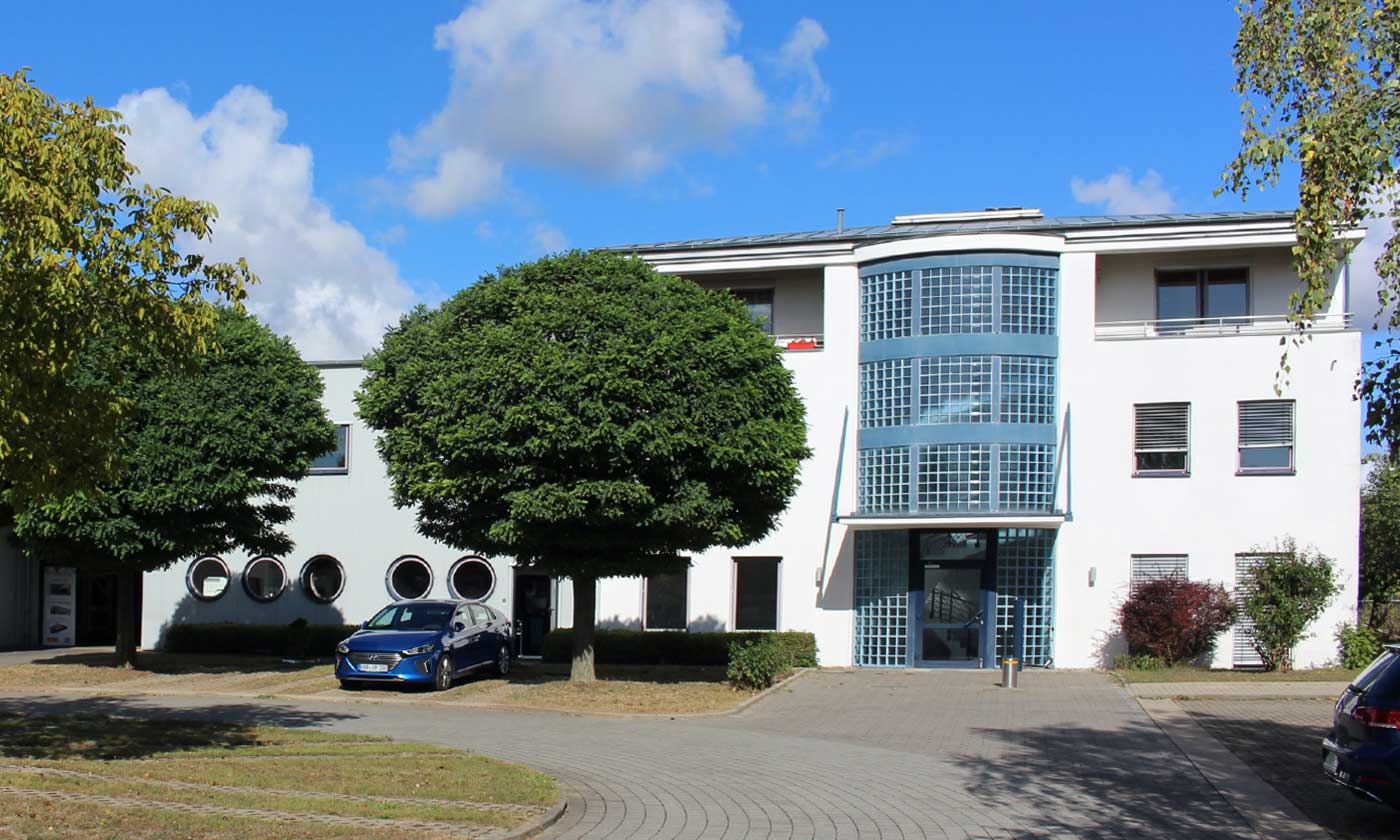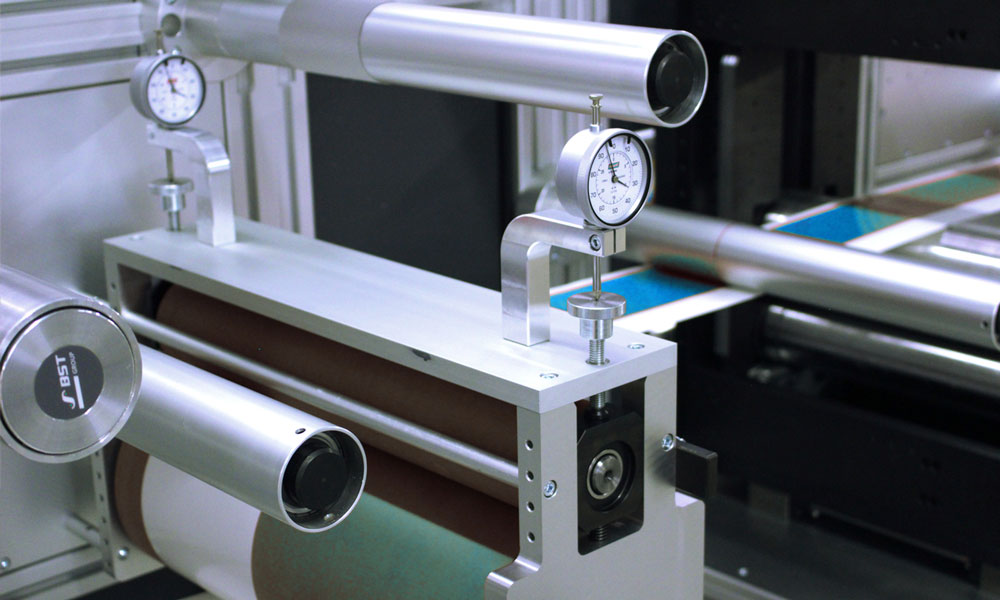Support: If, after consultation with our technicians, remote access to your system is necessary, please follow the link to download and set up the connection using TeamviewerQS.
Industries –
Market for our products
Industrial adhesive tape is used in a variety of applications to hold or fasten objects together. There is a wide range of industrial adhesive tapes with different properties to meet the specific requirements of different applications.
What is industrial adhesive tape
Adhesive tape is one of the most exciting joining technologies of the future and is used in almost every industry.
Adhesives are applied to a carrier material and then further processed depending on the application. By combining different materials, certain properties can be added to the adhesive tape, such as protection against environmental influences, scratches, vibration and also insulation against heat, moisture and electricity.
In principle, almost all materials can nowadays be made self-adhesive and brought into the required shape. Adhesive tape is therefore not only used to join individual parts and assemblies, but also solves complex problems in manufacturing, assembly and fastening technology and functional films can be used to perfectly protect surfaces.
Adhesive tape and corresponding die-cut parts offer many advantages over conventional mechanical joining techniques such as screws, rivets, nails, etc., particularly in terms of weight, accuracy, speed, space saving, appearance, safety, addition of properties and process optimization.
We will be happy to advise you on whether adhesive tape is the right solution for your product design, because the earlier the right joining technology is taken into account in the entire production process, the more efficient the overall solution will be, especially for larger quantities or complex assemblies where tolerances play a role.
Our batch sizes start at just 1, and we work closely with leading adhesive tape manufacturers and converters.
Get in touch with us →Industrial adhesive tape can be found in the following sectors in particular:
Automotive and transportation
Aerospace technology
Electronics, displays and batteries
Household appliances / white goods
Healthcare, medical technology, hygiene articles
Construction industry
Renewable energy
What is a converter or converting?
Adhesive tape is usually produced in large rolls on huge coating lines. These so-called jumbo rolls or logs are then rewound to a specific length and cut or slitted to the corresponding width. This produces smaller rolls for better handling. These are then further processed on plotters, flatbed die-cutters or rotary die-cutters and cut to a specific shape. This can be done using mechanical cutting processes, lasers, ultrasonic or water jets.
As a rule, rotary processes are significantly faster and produce roll goods that are easier to process in automated processes or attach to components. In addition, new layers of material can be added or changed by laminating and the end product can be individualized and adapted precisely to your needs.
A converter has an extensive range of machinery at its disposal to professionally handle precisely these work steps for you. The process itself is called converting, as in the textile industry.
What is automation
In the modern production environment, the automation of processes and workflows is playing an increasingly important role. An automation solution can already be worthwhile for smaller quantities and is not only useful for larger production volumes. One of the main advantages lies in the process reliability achieved through automation. Consistent production quality, i.e. repeatability, is achieved, usually with greater efficiency and less effort. This frees up resources and allows you to become an even more reliable supplier.
A great deal of experience and precision is required, especially when it comes to processing and applying adhesive tape and films. Maintaining tolerances and applying components without wrinkles or bubbles, as well as preparing the surface to be taped accordingly, require additional know-how beyond classic automation technology. After all, anyone who has ever worked with adhesive tape knows how complex this material can be. It often sticks all too readily in the process exactly where it should not.
We also offer you suitable automation solutions for packaging, sorting and stacking. Our services also include the integration of automated quality controls, e.g. error detection, marking or sorting and re-sorting. In the area of assembly, we can easily implement component recognition, removal and placement for you using state-of-the-art robot technology, pick & place systems and individually programmed software modules.
We are happy to support and advise you in this area.
Together with you, we look at your production steps through to the entire production process to find out where an automation solution makes sense and is profitable.
Get in touch with us →Related products: Roll goods are not only processed with adhesive tapes, but also in the paper and print sector in particular and, thanks to new technologies such as ultrasonic or laser welding and cutting, also in the medical and hygiene sector. Frequently processed materials include
- Adhesive tape
- Textiles, microfiber, nonwovens
- Foams and sealants
- Slides
- RFID sensor applications and printed electronics
- Aluminum strips
- Paper and labels
Nowadays, a wide range of materials and components can be "self-adhesively" fitted and wound onto rolls.

